Here are Phocaean’s essays that we discuss:
“The Mystery Behind Philosophy”
“An Aristocratical Christianity”
I also quoted from this essay on Nietzsche.
Outline:
We start with a brief account of Nietzsche’s blame and praise of Christianity as a way to introduce a more aristocratic or noble vision of Christianity than we are used to seeing.
1. You say that, "Christian leaders face this conundrum: if they are assertively Christian they will alienate many thoughtful people who simply cannot accept either Christian metaphysics or Christian morals. On the other hand, if they try to edit Christian dogmas and morality out of their teachings they will be ignored by the intelligent people who see no difference between what they preach and what the politicians promise."
What should Christian leaders do in light of this conundrum? How should a Christian leader understand the task of ruling?
2. You say that, "The wagons must be circled. Unless the Christian faith can accomplish this it turns into “liberation theology.” Every dead faith is, at bottom, communist."
Can you say a little bit about what liberation theology is since it provides a stark contrast to your proposed aristocratic re-interpretation of Christianity?
3. Let's discuss a couple of the Biblical passages that a communistic human being might cling to and show how they look through the eyes of an aristocratic Christian:
a) "It is easier for a camel to go through the eye of a needle, than for a rich man to enter into the kingdom of God.” (Matt. 19:24)
b) How should we understand the command to turn the other cheek?
4. Finally, what do you make of Christian Nationalism? How is aristocratical Christianity different (and better) than this?









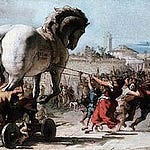


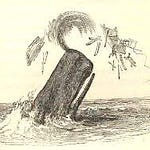
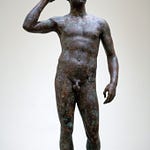
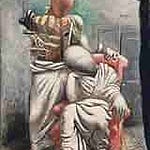
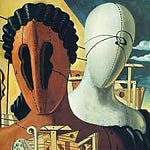
Share this post